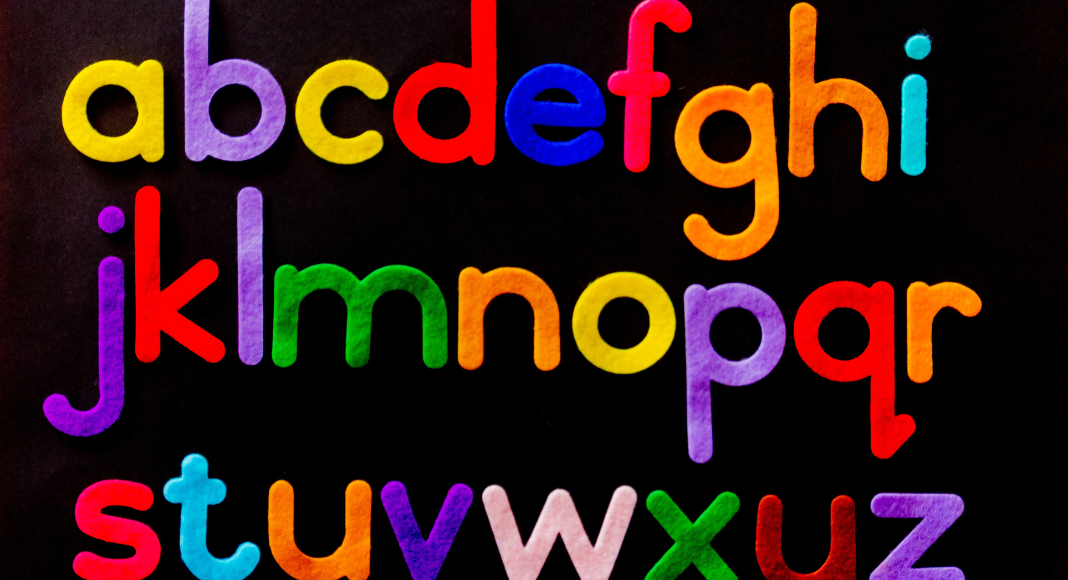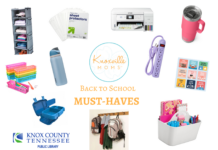 From four months to age four, my oldest son went to a great daycare. They poured so much time and effort into his development and learning. But when my second son was born last year, I had the opportunity to quit working and stay home.
From four months to age four, my oldest son went to a great daycare. They poured so much time and effort into his development and learning. But when my second son was born last year, I had the opportunity to quit working and stay home.
That was in August, and I realized I had exactly one year to make sure my son was ready for kindergarten!
I felt like I had a pretty good background for this endeavor with my degree in Elementary Education, and some teaching experience before working at a university for several years. And really, he already knew so many of the basics. We started out reviewing letters, then numbers. We practiced cutting and gluing when we did the occasional craft. (I don’t want to give the impression that we dedicated hours each day to these things because I also had a new baby and was recovering from a c-section.) I set an alarm for 9am each day to remind me to do our “Learning Time.” Some days this required all my patience because my son is very similar to me in that he does not enjoy having to be shown how to do things and we both like to be right. Who knew it could take so much restraint for a 32-year-old not to argue with a four-year-old over how to write a letter of the alphabet!
As spring approached and I felt pretty confident that my son knew enough to give him a good start in the academics of kindergarten, I checked several other lists online to make sure I wasn’t missing anything (including this one and this one from Knoxville Moms!). I quickly realized there were a few gaps in my little boy’s knowledge, and they didn’t have anything to do with the ABCs or 123s.
These are the things that made it onto our personal Kindergarten readiness checklist:
- Using the bathroom alone: I was helping my kid too often with bathroom tasks. I think it was just faster and easier sometimes to do it myself at first with a new baby needing so much of my attention. But no one can help him with that once he goes to school, so now he’s totally capable in the restroom. We run through our potty checklist almost every time: Did you put the seat down? Flush? Wash hands? We discussed not putting too much toilet paper in a toilet, and what to do if it won’t flush. Once he was confident in his skills, I started letting him go into the stall himself in select public restrooms (with me in the restroom too!), so he could really do it all himself and also practice latching and unlatching stall doors.
- Opening lunch items: Here again, I was opening all prepackaged food items for my son. (Oh no, am I a control freak?!) I had to remember to start letting him do it himself, and tried to think of things he would commonly encounter at school like yogurt tubes, carton drinks, juice boxes, packaged snacks, etc. I also had him start carrying his own plates and drinks to the table for better success getting a tray across a busy cafeteria. Lastly, I started making him take his own dishes to the sink/counter and throw trash away after meals.
- How to lose and win graciously: I’m sure he’s not alone in this, but my son does not like to lose. We talk A LOT about being a good friend whether you win or lose, and not saying unkind things in either situation.
- Listening to instructions: After retiring recently, my dad started volunteering at one of our local elementary schools and working with reading groups. While in a first grade classroom, he made the observation that with all the craziness that can accompany teaching first grade, the kids who were most successful from day to day were the ones who listened to the teacher’s instructions. They didn’t have to be the smartest or the fastest, just capable of listening. I’ve tried to work with my son on being able to “tune in” to teacher instructions, as well as following multiple steps.
- Disagreeing without arguing: Again, I passed on my own brand of stubbornness to my first-born. In school and in life, he is not always going to know everything, be right, or have everyone agree with him, despite what he may think!. We’re working on being able to disagree on something in a respectful manner, as well as remembering he has a lot to learn. If he is ever in a position where he needs to stand up for himself or communicate something he feels is important, he can do it in a way that makes and maintains friends versus alienates them.
I’m sure that even with all these things being practiced at home, we’ll still encounter plenty of surprises once my son starts school. Hopefully, the way we approach learning new things will give him the building blocks he needs to tackle anything that comes his way!



















